Thinking about buying a house on the Adriatic coast or an apartment tucked into Montenegro’s historic towns?
The good news is that foreigners can purchase real estate here relatively easily, at least compared to some other European destinations.
Still, there are rules, taxes, and a few quirks worth knowing before you start scrolling property listings.
This guide breaks down what’s allowed, where people usually buy, how the process works, and what kinds of costs and permits to expect.
General Ownership and Restrictions
Foreign buyers generally have the green light to purchase houses and apartments in Montenegro.
There aren’t blanket restrictions stopping you from owning residential property in your own name, which is a big plus.
The main complication arises with land: agricultural plots and forests usually require setting up a local company for purchase.
EU citizens are expected to gain the same rights as Montenegrin nationals once the country joins the EU.
Foreign companies themselves face no restrictions when lending or financing real estate deals.
Popular Locations for Investment

Foreign investors tend to focus on the coast and the capital, where tourism and lifestyle factors converge.
Podgorica, the capital, has a relaxed pace and a mix of Ottoman, Austro-Hungarian, and socialist architecture, attracting buyers looking for business or long-term living.
Budva, Montenegro’s busiest tourist destination, draws investors seeking proximity to beaches, nightlife, and historical sites.
Tivat, set in the Bay of Kotor, boasts Porto Montenegro, a luxury marina with upscale apartments and amenities that appeal to high-net-worth buyers.
Other towns like Kotor, Herceg Novi, and Bar also see interest, but Podgorica, Budva, and Tivat remain the main hubs.
Finding Properties and Financing
Most buyers start online, with websites like Indomio and Realitica providing extensive property listings.
Financing has improved for foreigners, though conditions vary by bank.
Interest rates range from 3% to 7%, and loan-to-value ratios can be as low as 50%, meaning cash reserves are still important.
Loan periods generally max out at 25 years, so exploring multiple banks and options is essential.
Real Estate Purchase Process
Once you identify a property, visiting in person is highly recommended.
After agreeing on a price, a preliminary sales contract is signed, usually accompanied by a 10% deposit to reserve the property.
A local real estate lawyer conducts due diligence, checking the Land Registry for ownership issues, debts, or encumbrances.
The final sales contract is signed before a public notary, who notarizes the agreement and registers it in the Land Registry, officially transferring ownership to the buyer.
Property Buying Costs and Taxes

Buying property in Montenegro involves several predictable costs.
The property transfer tax ranges from 3% to 6% depending on the price bracket and municipality.
Notary and legal fees add another small percentage, while miscellaneous costs for insurance or document handling are modest.
Combined, total buyer costs typically hover around 4% of the property price, excluding variable legal or additional fees.
Sellers generally pay agent commissions of 3% to 5%, bringing total transaction costs closer to 7–9%.
Owning Real Estate Taxes
Ongoing costs include annual property taxes, which vary from 0.25% to 5% depending on location and property type, payable in two installments.
For residence permit holders, taxes can be as low as 0.1% of cadastral value.
Rental income tax is a competitive 9%, and costs can sometimes be shifted to tenants under lease agreements.
While there are no specific tax breaks for foreigners, owning property qualifies you for a temporary residence permit, which can be a major incentive for long-term stays.
Evidence of Ownership and Confidentiality
Ownership is established through registration in the Montenegrin Real Estate Cadastre, a public database accessible online.
Your name or your company’s name will be visible, as confidentiality is not an option in Montenegro.
Residence Permit Through Real Estate Purchase

Real estate ownership is a common route to residency.
While minimum property values are sometimes cited as €250,000–€450,000 depending on location, what matters most is that the property is habitable and registered in your name.
Ownership usually must be maintained for at least five years.
Applicants need to provide identification, proof of property ownership, a criminal record certificate, health insurance, and proof of financial support.
Processing typically takes 1–4 months, and spouses or children under 18 can be included.
Annual renewal is required, and renting out the property is allowed as long as income is declared.
Buying property in Montenegro as a foreigner is straightforward, especially for residential apartments and houses. The key considerations are land restrictions, financing options, and ongoing taxes. The combination of affordability, low taxation, and lifestyle benefits makes Montenegro an attractive choice for both investors and long-term residents.
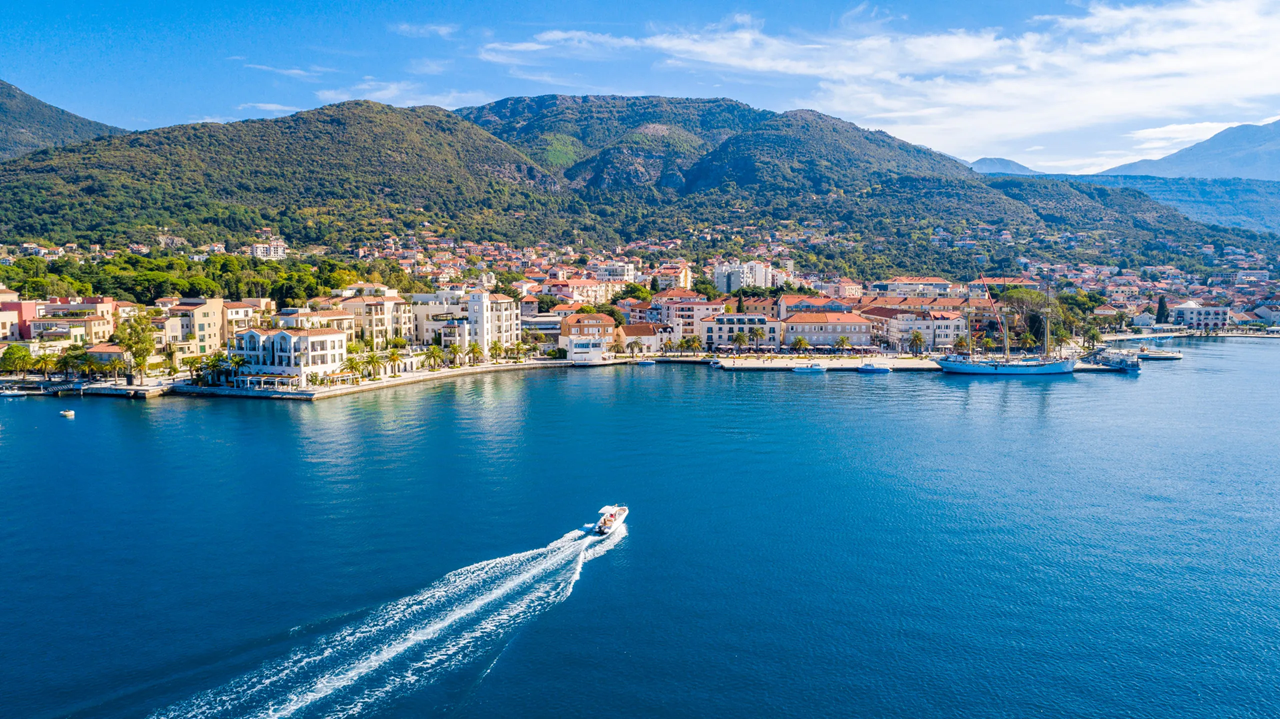


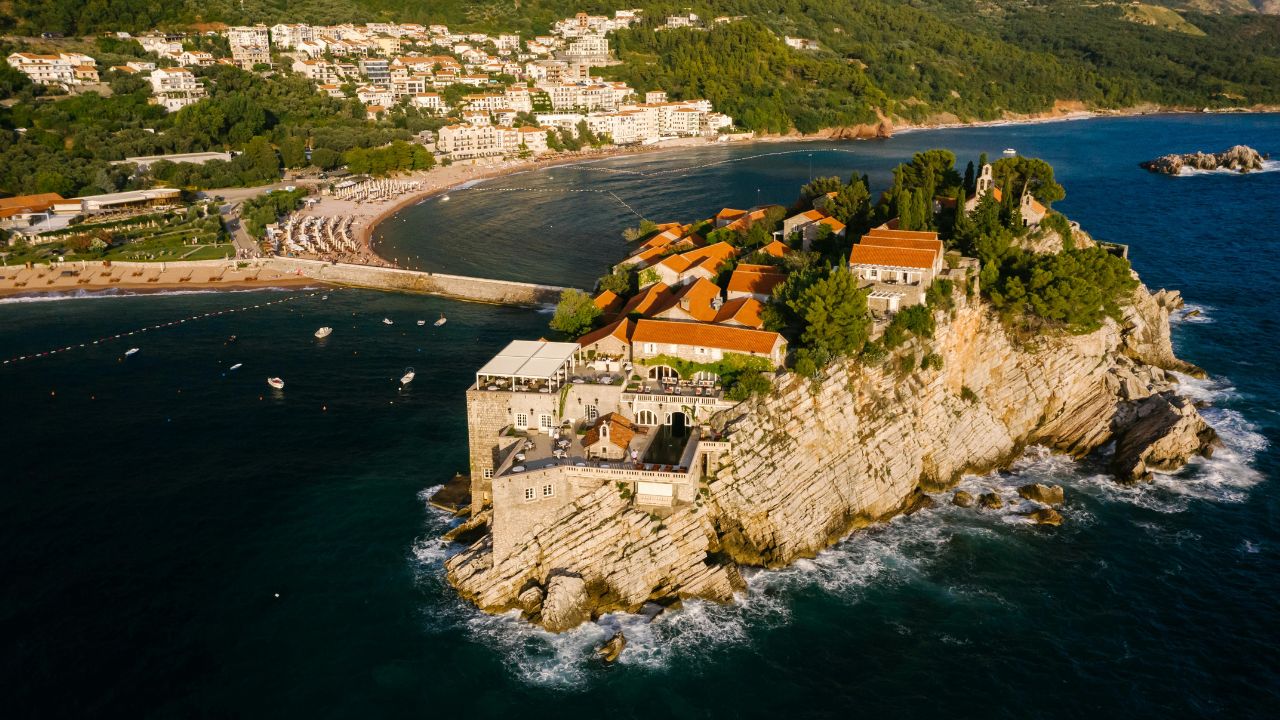





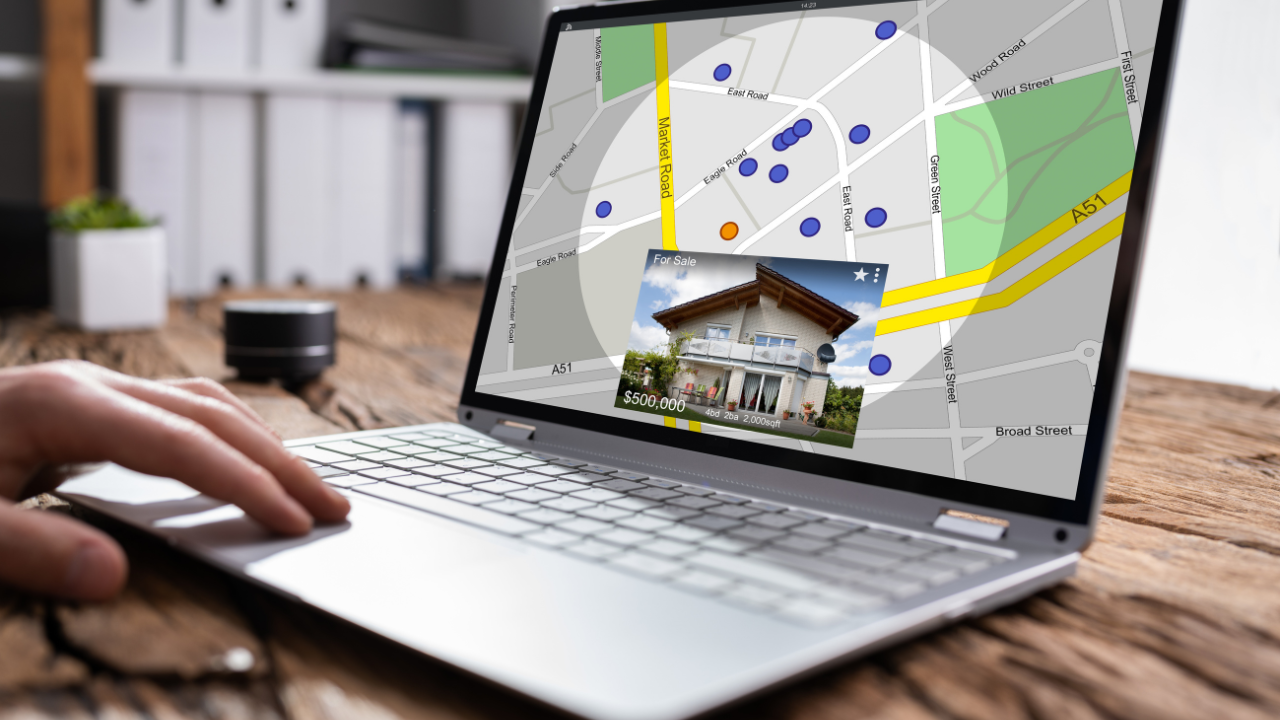

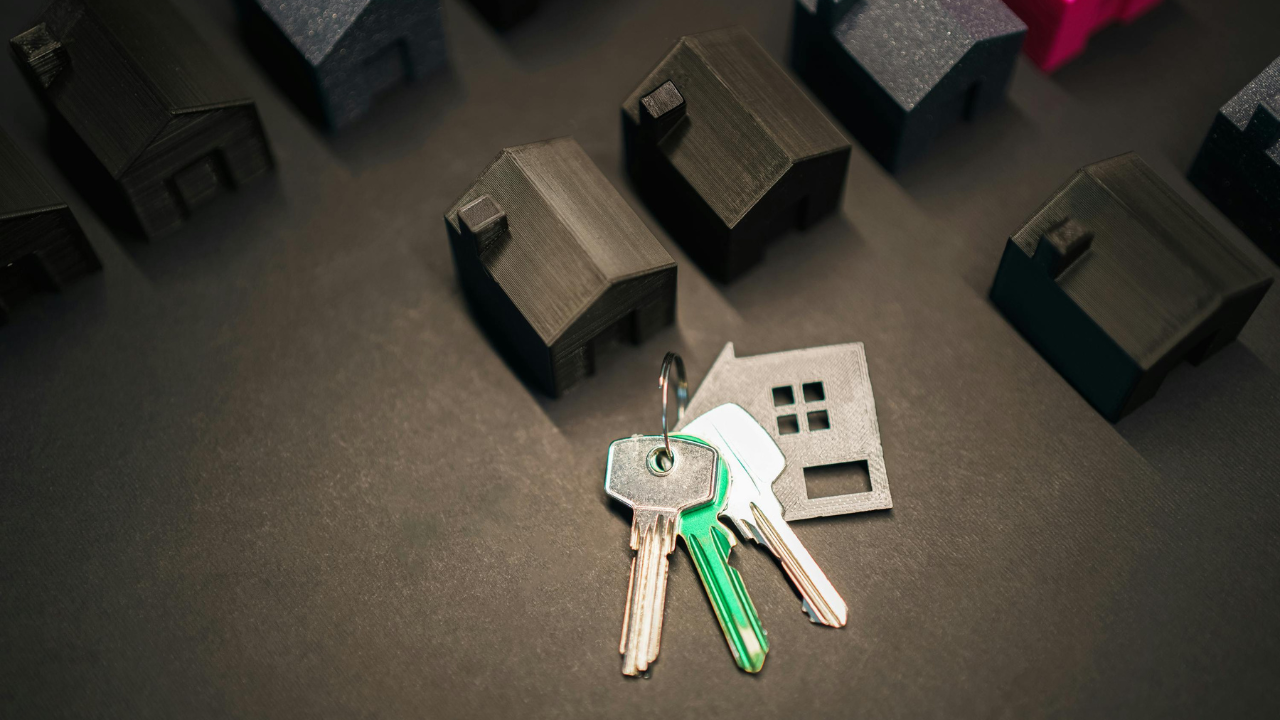
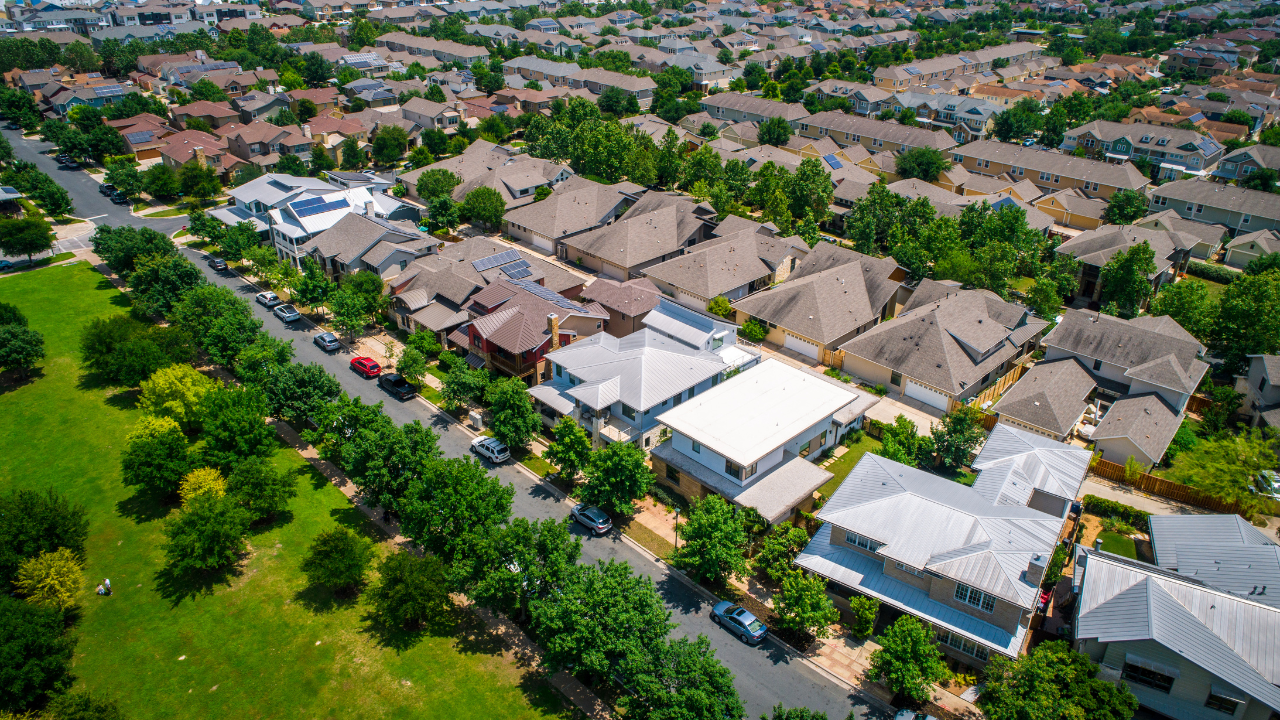
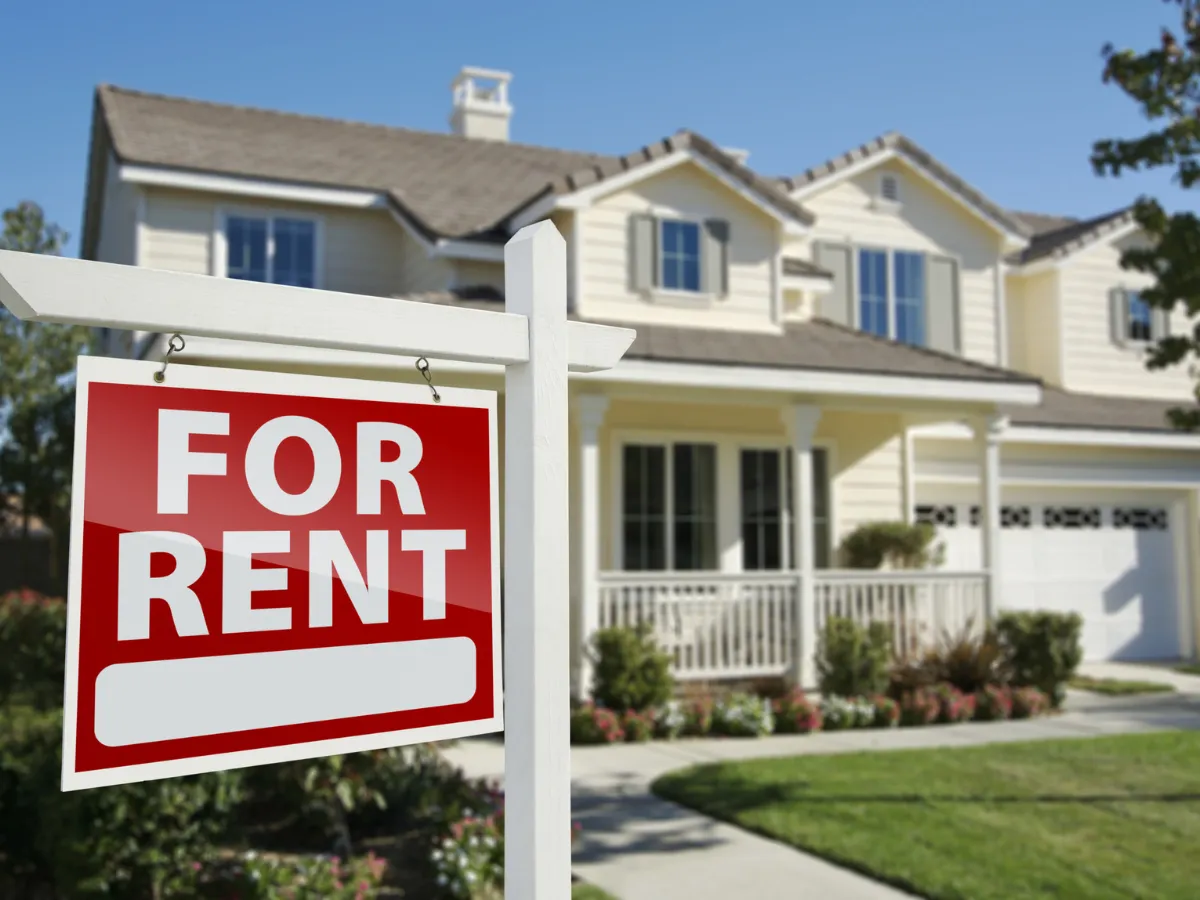
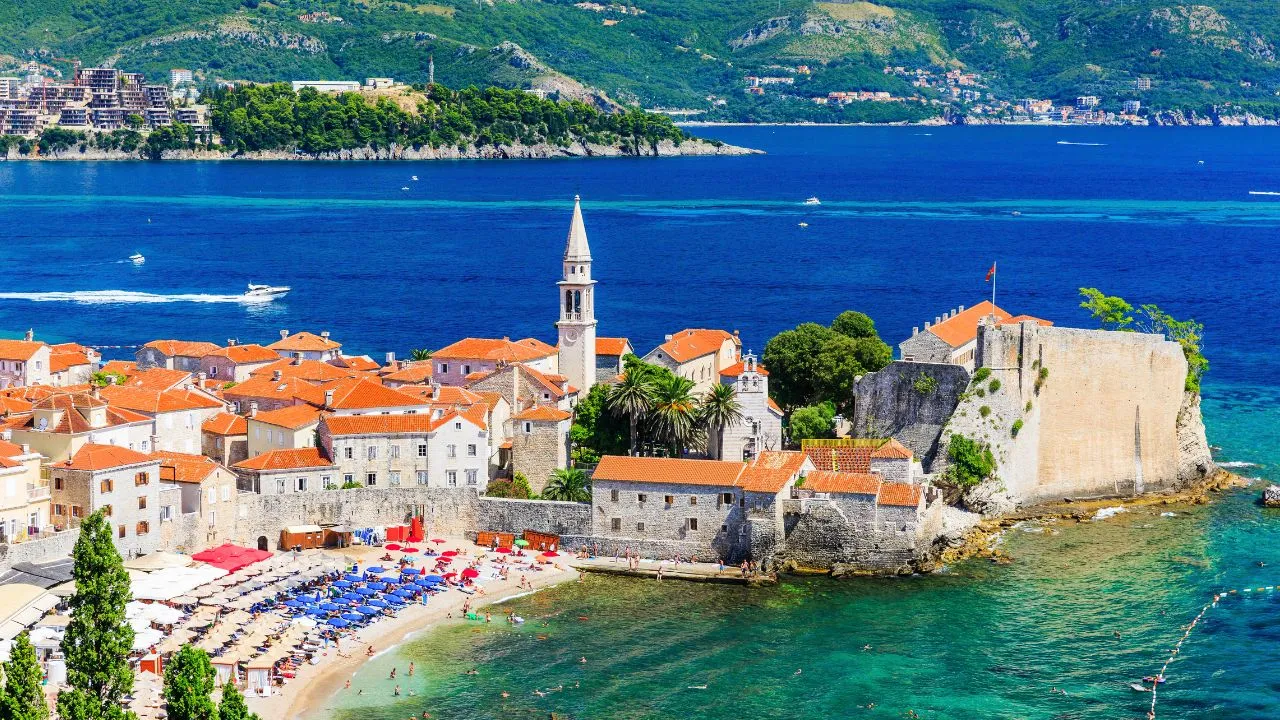




















.webp)

.webp)
.webp)

.webp)

.webp)
.webp)
.webp)

.webp)
.webp)
.webp)
.webp)

.webp)
.webp)
.webp)
.webp)
.webp)
.webp)
.webp)





.webp)

.webp)



















.avif)